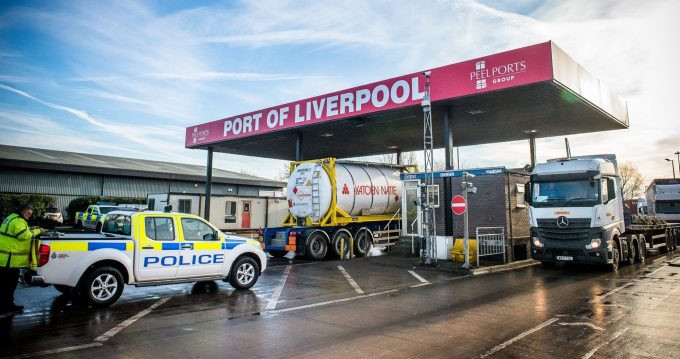Relief for supply chains as congestion fears from people-processing at Dover ease
Changes in processing France-bound holidaymakers departing from Dover could offer a small win to British ...

UPDATED 14.30 GMT, 1.3.2022. The UK has now enacted the legislation banning Russian ships from UK ports.
�
UK ports are being urged to refuse access to Russian-flagged, -registered, -owned or -controlled ships to aid efforts to get President Putin to pull his forces out of Ukraine.
A source also told The Loadstar that the Port of Rotterdam and Dutch Customs are blocking shipments to Russia on all exports, not just those under sanctions. (We will try to confirm this as soon as ...
Asia-USEC shippers to lose 42% capacity in a surge of blanked sailings
USTR fees will lead to 'complete destabilisation' of container shipping alliances
New USTR port fees threaten shipping and global supply chains, says Cosco
Outlook for container shipping 'more uncertain now than at the onset of Covid'
Transpac container service closures mount
DHL Express suspends non-de minimis B2C parcels to US consumers
Zim ordered to pay Samsung $3.7m for 'wrongful' D&D charges
Flexport lawsuit an 'undifferentiated mass of gibberish', claims Freightmate

Comment on this article